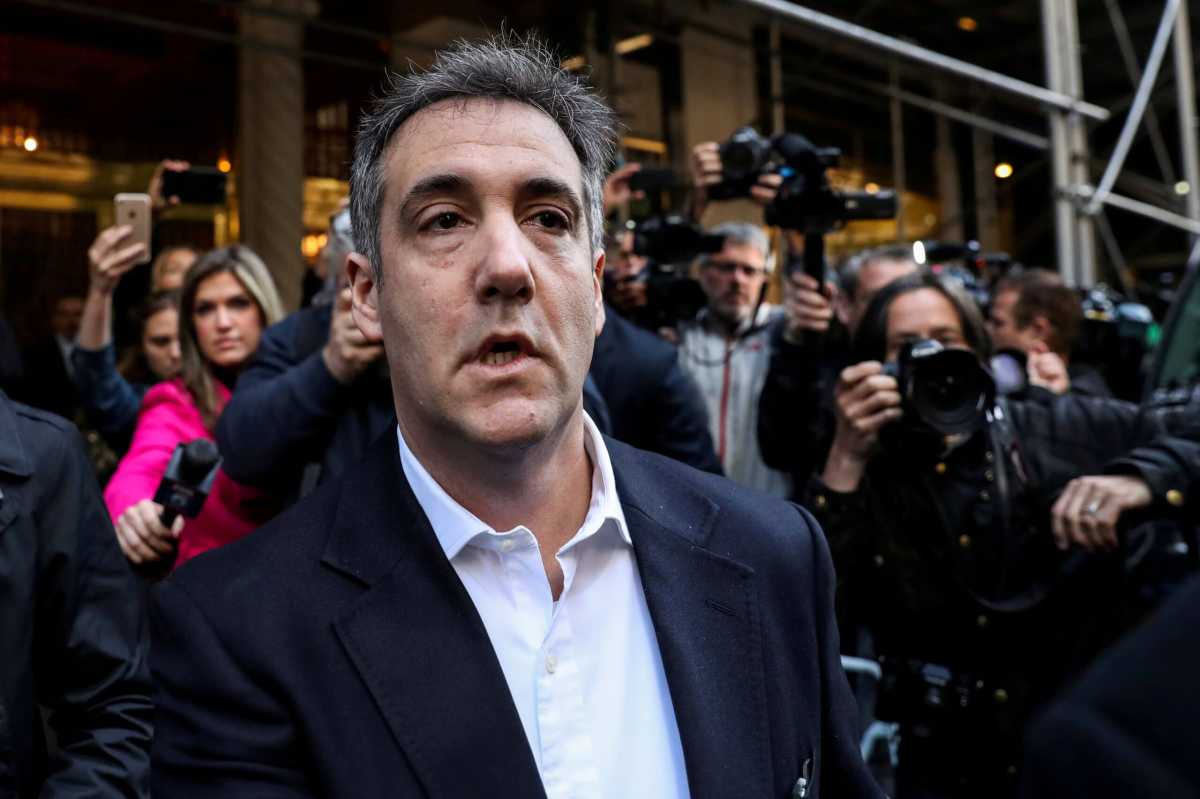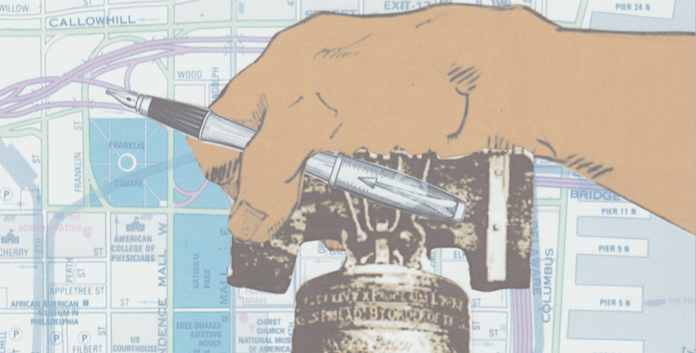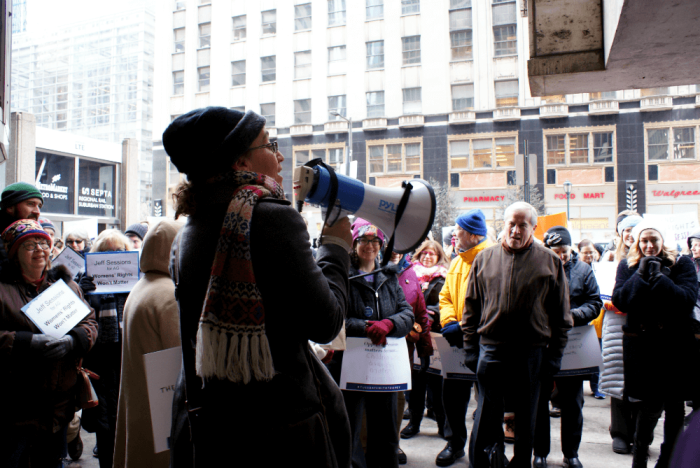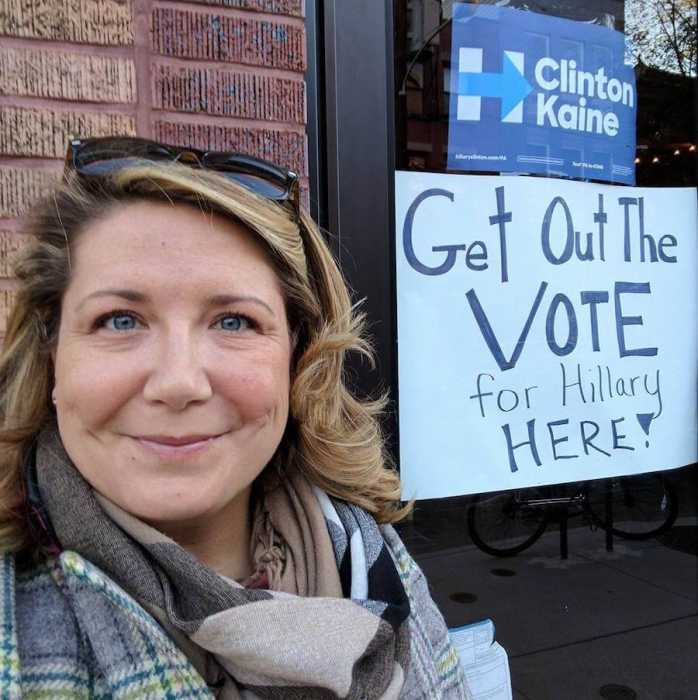Michael Cohen, U.S. President Donald Trump’s former personal lawyer, is alleging in a new book that Trump made disparaging remarks about Black world leaders including former South African President Nelson Mandela, as well as about U.S. minorities in general, the Washington Post reported on Saturday.
Cohen worked closely with Trump for years before turning against him, most publicly in testimony to Congress last year prior to Trump’s impeachment.
Now Cohen is serving a three-year sentence for, among other things, making false statements to Congress. In a book due to be published next week, Cohen alleges that Trump described Mandela as a poor leader, according to the Washington Post which reported it obtained a copy of the book.
According to the newspaper, Cohen wrote that following Mandela’s death in 2013, Trump said: “Mandela f—ed the whole country up. Now it’s a s—hole. F— Mandela. He was no leader.”
Cohen also alleged that Trump said: “Tell me one country run by a Black person that isn’t a s—hole. They are all complete f—ing toilets.”
White House Spokeswoman Kayleigh McEnany responded by attacking Cohen’s credibility.
“Michael Cohen is a disgraced felon and disbarred lawyer, who lied to Congress. He has lost all credibility, and it’s unsurprising to see his latest attempt to profit off of lies,” McEnany said in a statement.
Trump has called Cohen “a rat,” and a liar, and Cohen has said he faced repeated death threats from Trump supporters.
Trump, a Republican, is seeking re-election and will face Democrat Joe Biden at the polls on Nov. 3. At the Republican convention in August where Trump was formally nominated to appear on the ballot, speakers defended Trump against past accusations of racism.
Cohen alleged that Trump was dismissive of minorities, and that Trump said during his 2016 presidential campaign that he would not win the Hispanic vote, the Washington Post reported. According to Cohen, Trump said: “Like the blacks, they’re too stupid to vote for Trump.”
Cohen is serving time for tax evasion, false statements and campaign finance violations, the last related to payments to silence women who alleged affairs with Trump before the 2016 presidential election.
He was released to home confinement in May given the risks of catching COVID-19 in prison, but then was briefly imprisoned again in July. A federal judge then ruled Cohen had been subjected to retaliation for planning to publish his book, and ordered him released again.




























